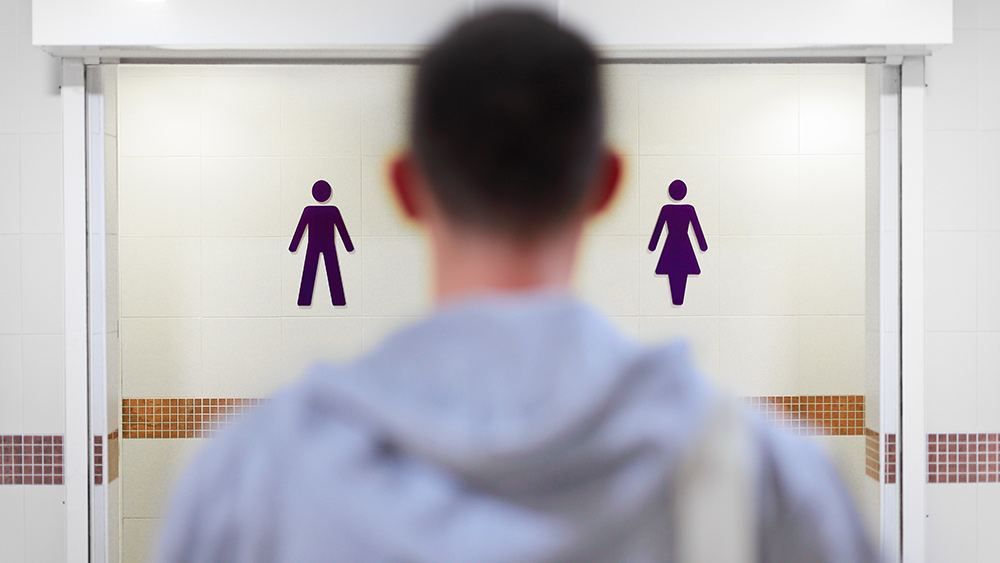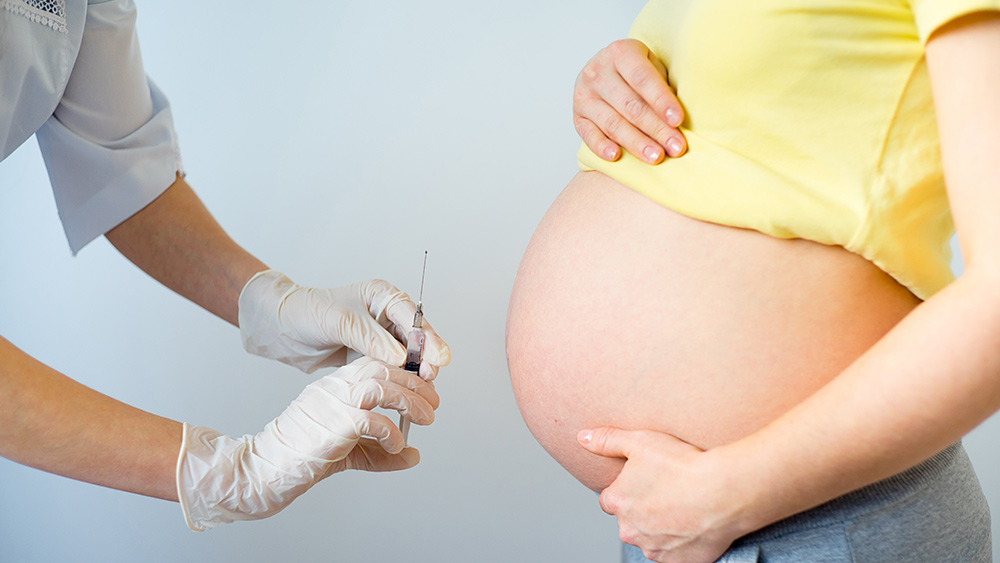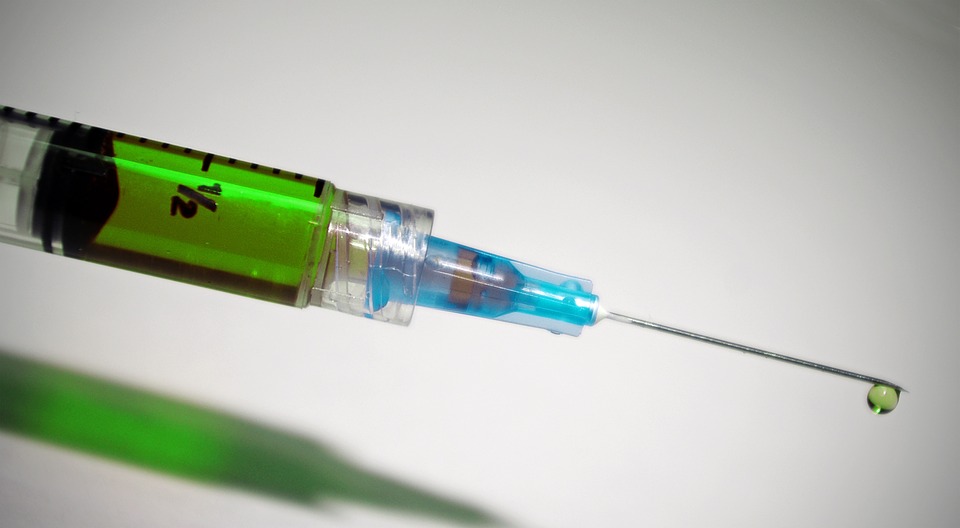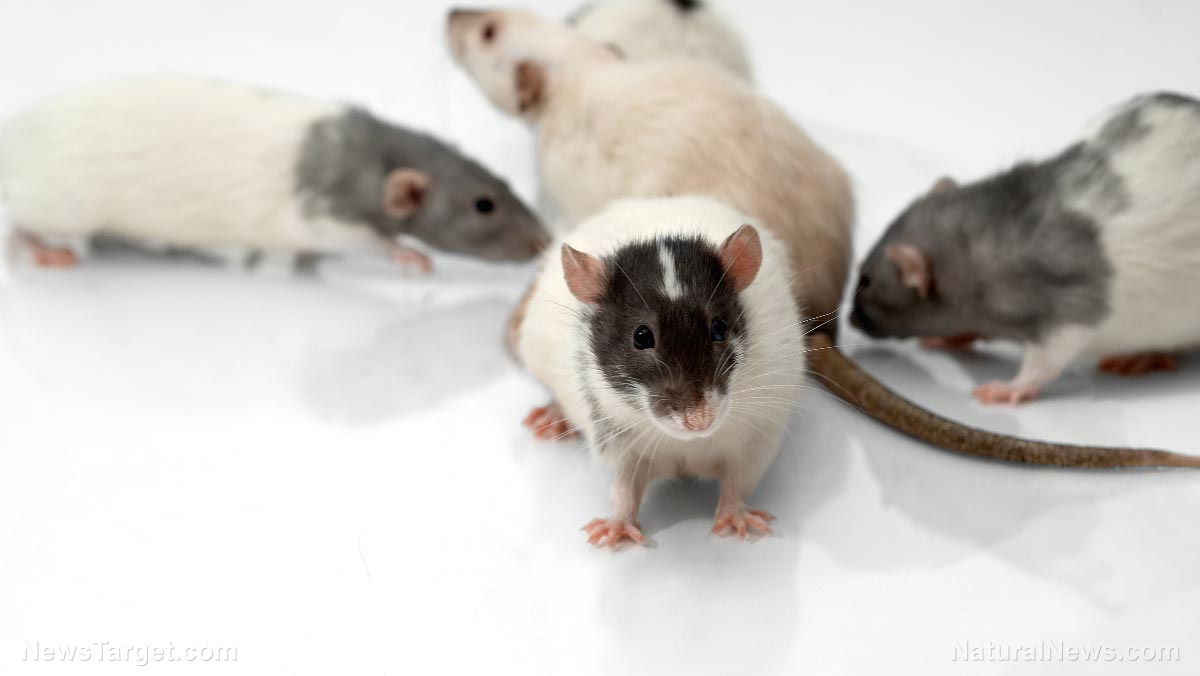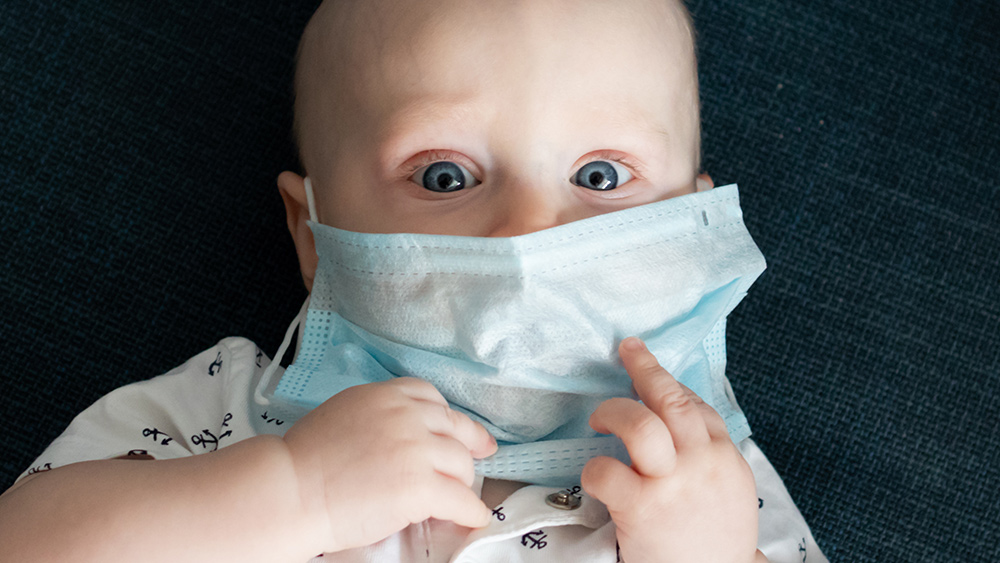Microbes in the gut can influence anxiety, depression
08/08/2016 / By Vicki Batts

There are about 100 trillion microorganisms living in your intestines. These little guys are associated with many aspects of physical health, but new research has indicated that these microbes may also play a role in mental health.
New discoveries in the field of psychiatry have revealed that the composition of our intestinal microbiota can have profound effects on our moods. In fact, researchers are now exploring the potential of these organisms to help treat conditions like depression and anxiety in a more natural way, without the potential for harm that is associated with conventional pharmaceutical treatment.
Scientists have known for quite some time that the enteric nervous system, located in the gut, is connected to the brain via the vagus nerve. It is so influential that it is often called the “second brain.” The gut is very much affected by our emotional state. After all, that feeling in the pit of your stomach when you are scared or sad is not something you are just imagining.
Scientists have also learned that this communication goes both ways, meaning that your gut has the power to influence the state of your mind, too. For example, when suffering with imbalances in the gut, the emotional state is usually affected as well.
One study compared mice with different personality traits that also exhibited different intestinal microbiota composition. One type of mouse , the Balb/c, was more reserved and anxious, while the other type, NIH Swiss mice, were more daring and adventurous. The researchers raised a control group of each mouse type as well as a germ-free litter of each type. The germ-free litters then had their intestines colonized with either the normal microbes for their breed or their counterparts’ microbiota. The researchers found that Balb/c mice given NIH Swiss microbes became more bold and adventurous, while NIH Swiss mice given Balb/c microbes become more timid. This suggests that microbial composition of the intestines plays a role in behavior and emotional state.
Another recent study published by the journal Psychopharmacology that was authored by researchers from Oxford University, claims to have found evidence that the intestinal microbiota actually help to regulate the release of the stress hormone corticosterone, which is known as cortisol in humans.
While there is still much to be learned about the brain-gut connection and the role of intestinal microbes in our overall well-being, taking a probiotic supplement and eating probiotic foods certainly won’t hurt. And if you’re struggling with anxiety or depression, there’s a good chance it could help.
Sources:
Submit a correction >>
Tagged Under:
intestinal health, mental health, microbiome, natural remedies, probiotics
This article may contain statements that reflect the opinion of the author







